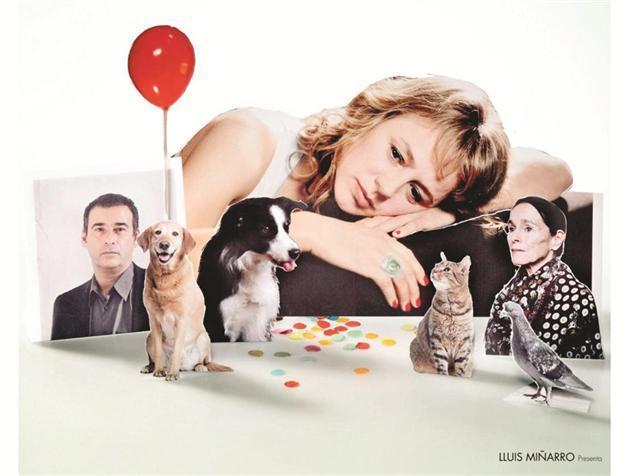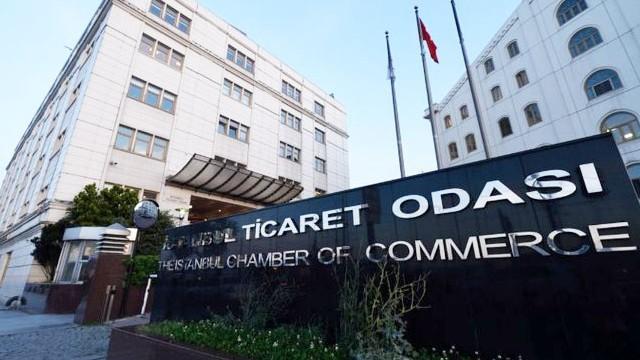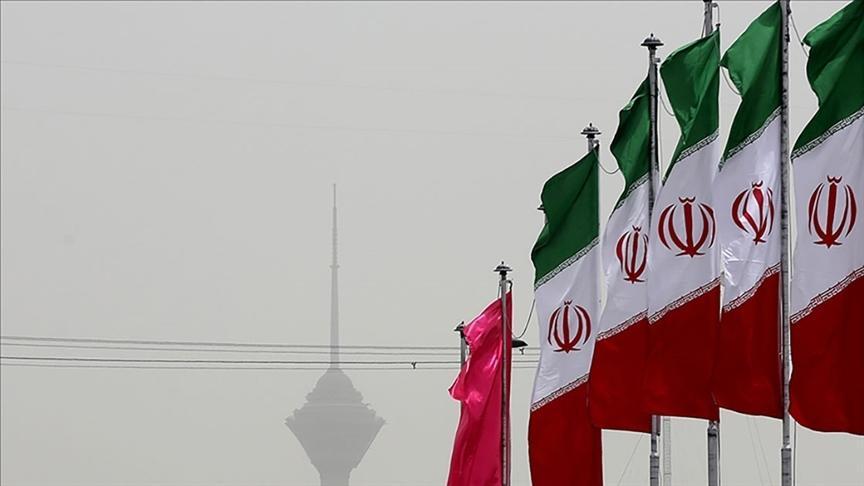Catalan cinema shown on Akbank Sanat screen
ISTANBUL
 The Akbank Sanat Film Screenings’ new program, “A Look at Recent Catalan Cinema,” starts tomorrow with the movie “Cosas Que Nunca Te Dije” (Things I Never Told You) from Isabel Coixet.
The Akbank Sanat Film Screenings’ new program, “A Look at Recent Catalan Cinema,” starts tomorrow with the movie “Cosas Que Nunca Te Dije” (Things I Never Told You) from Isabel Coixet.The movie follows Ann, whose boyfriend calls her from Prague. Twenty-five days after bidding farewell to her at the airport, he confesses that he does not love her anymore and that he is with another girl. Ann calls a telephone line for desperate people, finding Don at the other side of the line, a man who seems unable to understand her problems. Later, however, they meet by chance.
Best exemples of Catalan cinema
On July 10, Roser Aguilar’s “Lo Mejor De Mi” (The Best of Me) will be shown. The film depicts Rachel, who never understood as a child why love is always mentioned on the radio, TV, Saturday afternoon movies and particularly in songs. She always asked herself what would happen when someone entered her life, and when she starts to live with Thomas, she is forced to question what she is ready to do for love. She discovers that loving someone is both beautiful but, at the same time, quite challenging.
On July 17, Agusti Virallonga’s “Pan Negro” (Black Bread) will be on screen. The movie illustrates the Catalan countryside in the harsh post-war era. Andreu, a child who belongs to the losing side, finds the corpses of a man and his son in the forest. The authorities want to hold his father responsible for the men’s death, so Andreu must attempt to help his father by determining who actually killed them. In his search, Andreu develops moral consciousness vis-à-vis a world of adults fed by lies. In order to survive, he betrays his own roots and ends up discovering the monster that lives within him.
Another movie, “La Mosquitera” (The Mosquito Net), will be screened on July 27.
Films will be shown in Spanish with Turkish subtitles. Invitations available from the Akbank Sanat ticket office will be available on the event day, one hour before the films begin.
The event, which is made possible with the support of the Cervantes Institute, is free of charge.
















